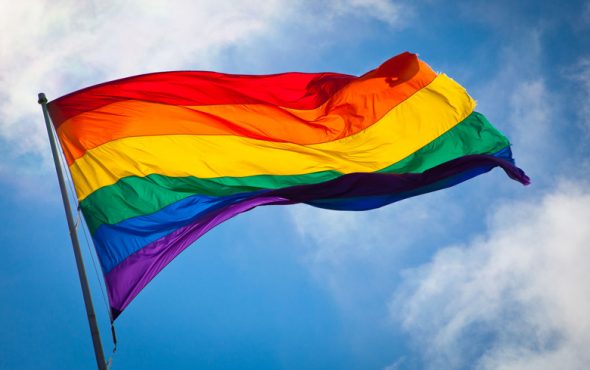
In a win for LGBTQ+ rights, the Sri Lanka government announced its intention to decriminalise same-sex relationships.
Back in September, MP Premnath C Dolawatte presented the private member bill to the country’s parliament.
Under the bill, sections 365 and 365A of Sri Lanka’s 1883 penal code would be amended to make same-sex sexual activity between consenting adults legal.
Currently, the country’s colonial-era law classifies same-sex relations as “[acts of] carnal knowledge against the order of nature.” An individual can face up to 10 years in prison and a fine if convicted.
Shortly after the bill was presented, Sri Lanka’s president Ranil Wickremesinghe stated that the government would not take action to block the bill.
However, the political figure added that the bill was required to receive support before getting submitted for any legislative changes.
After months of work from the bill’s lawmakers, the country’s government announced that it would be moving forward with decriminalising same-sex relationships.
In an interview with Sri Lankan newspaper The Daily Morning, Foreign Affairs Minister Ali Sabry confirmed the news.
“There is a private member bill initiated by Sri Lanka Podujana Peramuna (SLPP) Government MP and attorney Premnath C. Dolawatte,” Sabry said. “The government will support its position of decriminalising same-sex relationships.”
Despite same-sex relationships no longer being classified as a criminal offence, Sabry noted that the inclusive penal code adjustment would not include the legalisation of same-sex marriage.
“We are, however, not legalising same-sex marriages. But we would decriminalise it. I think that there is a lot of consensus for that, so let that come to Parliament.
Since the news was announced, LGBTQ+ activists and groups have praised the government for its inclusive decision – including Equal Ground executive director Rosanna Flamer-Caldera.
“We are very optimistic, but cautiously so,” Flamer-Calde explained to The Washington Blade.
“It’s been more than 19 years that our organisation has been advocating for decriminalisation, and its good to see the work bearing fruit, finally. But it’s still a long road ahead.”
Sri Lanka is the latest country to reverse its colonial-era anti-LGBQ+ laws.
Back in August, the Eastern Caribbean Supreme Court struck down two sections of the Offences Against the Persons Act in Saint Kitts and Nevis – which criminalised acts of “buggery” and “unnatural offences”.
A few months later, Singapore repealed their own colonial-era law, Section 377A, after years of activism from local LGBTQ+ activists.



